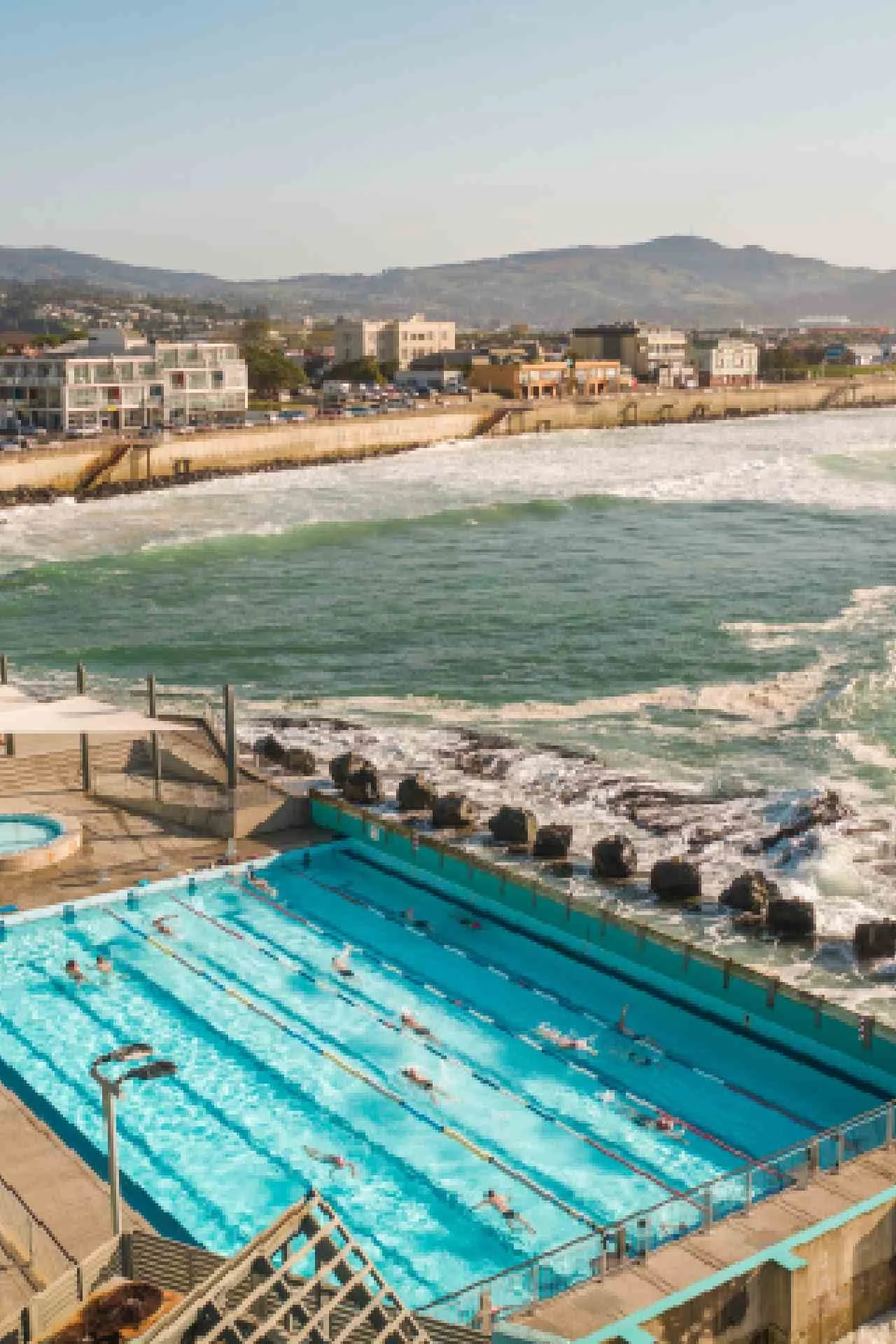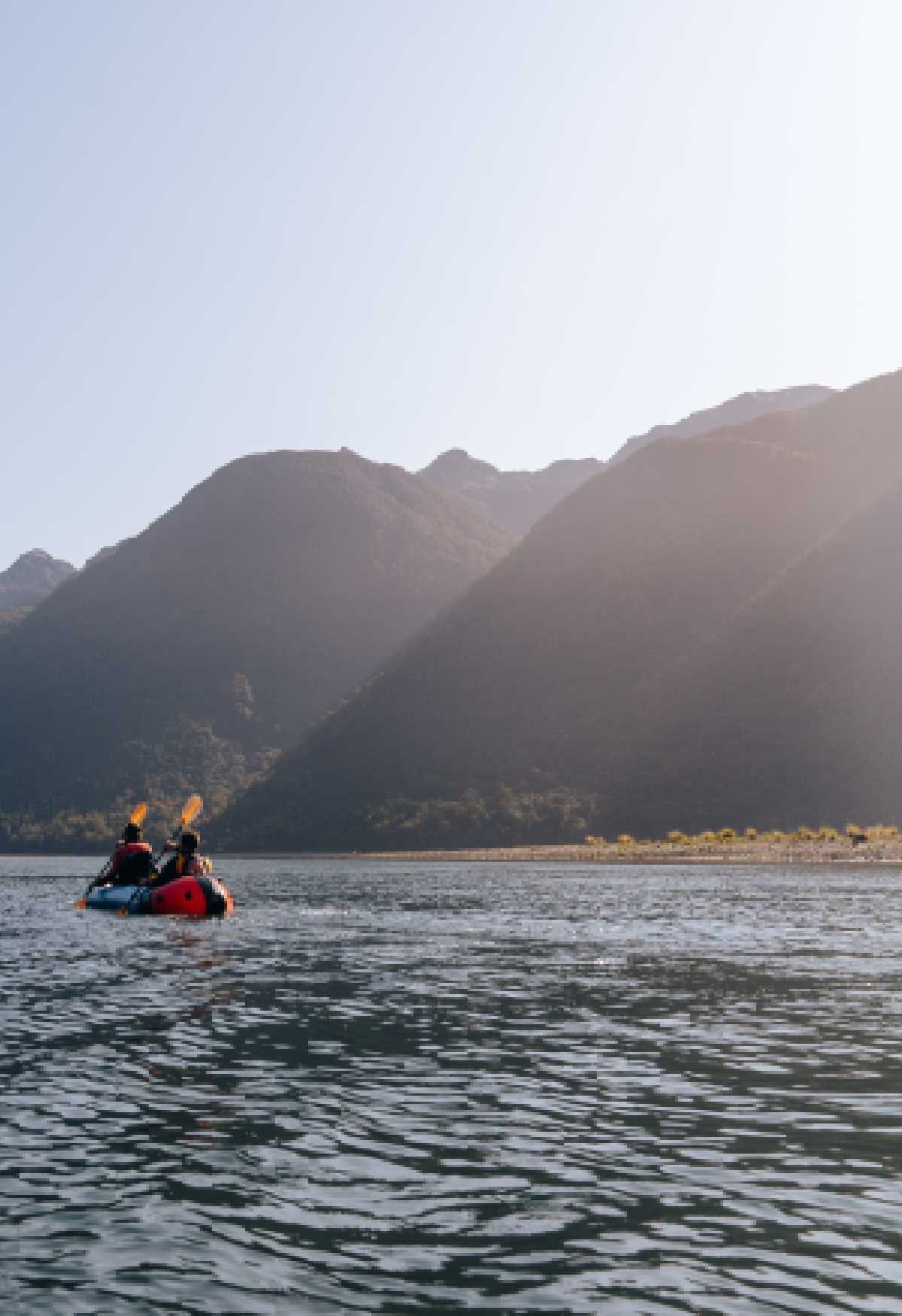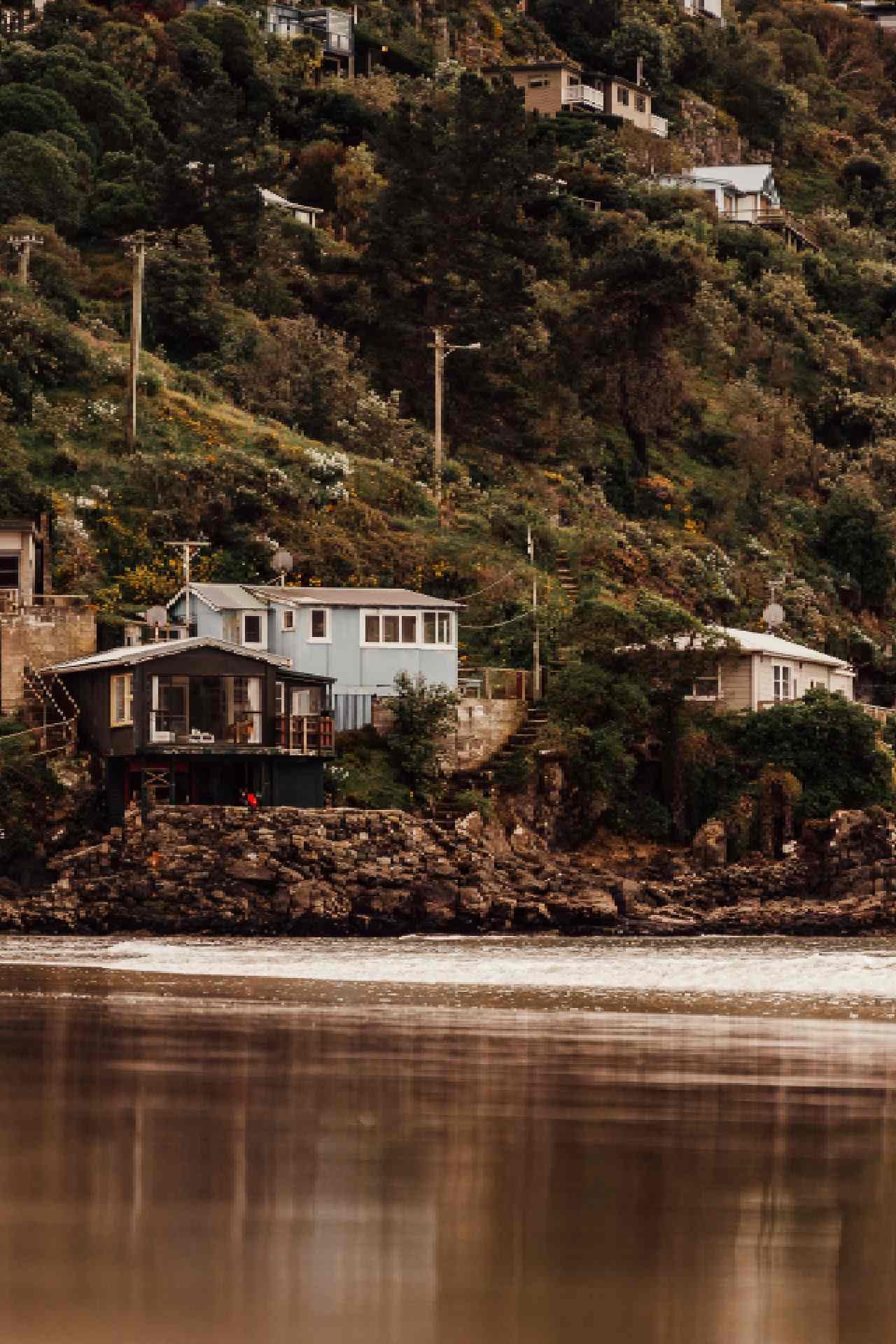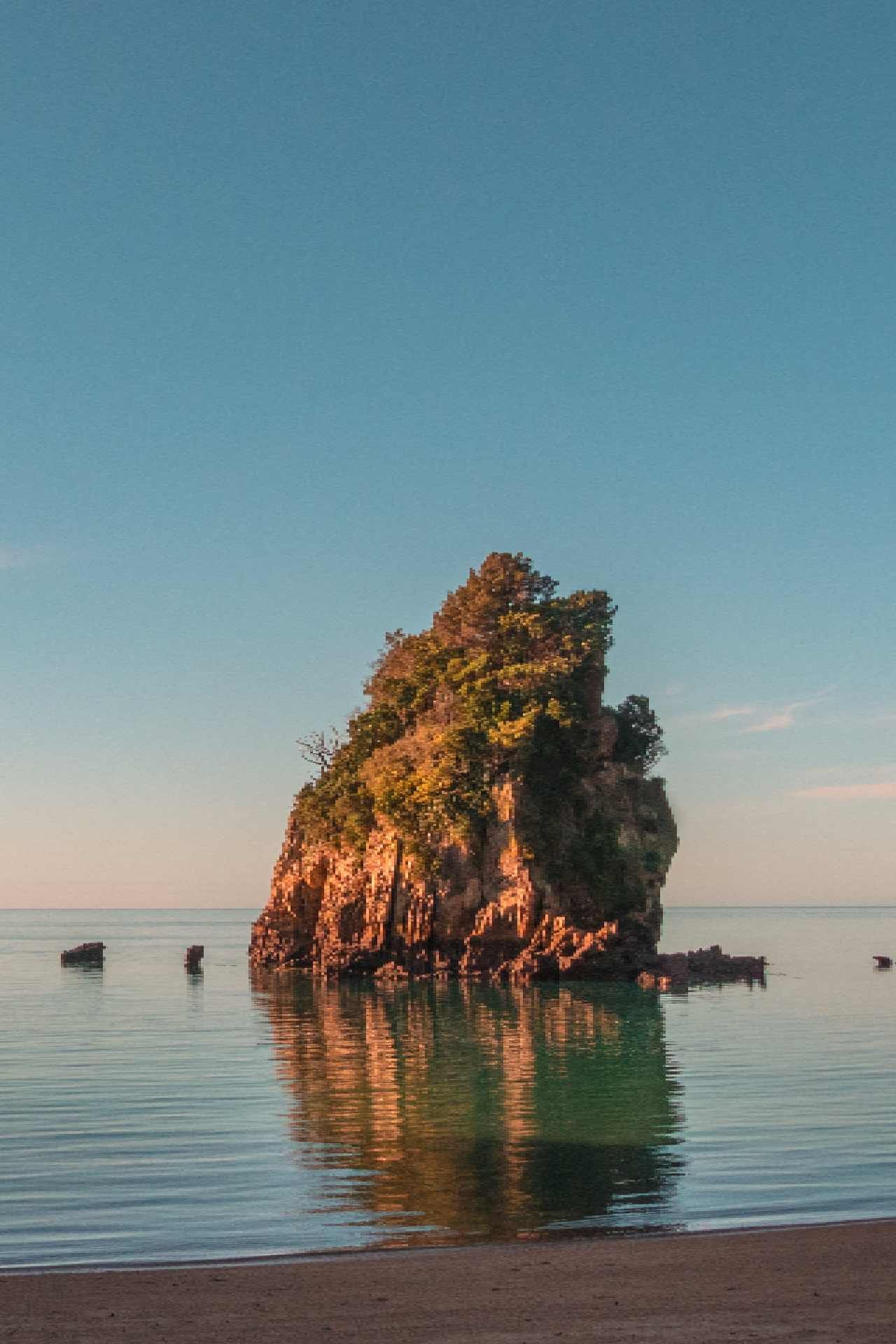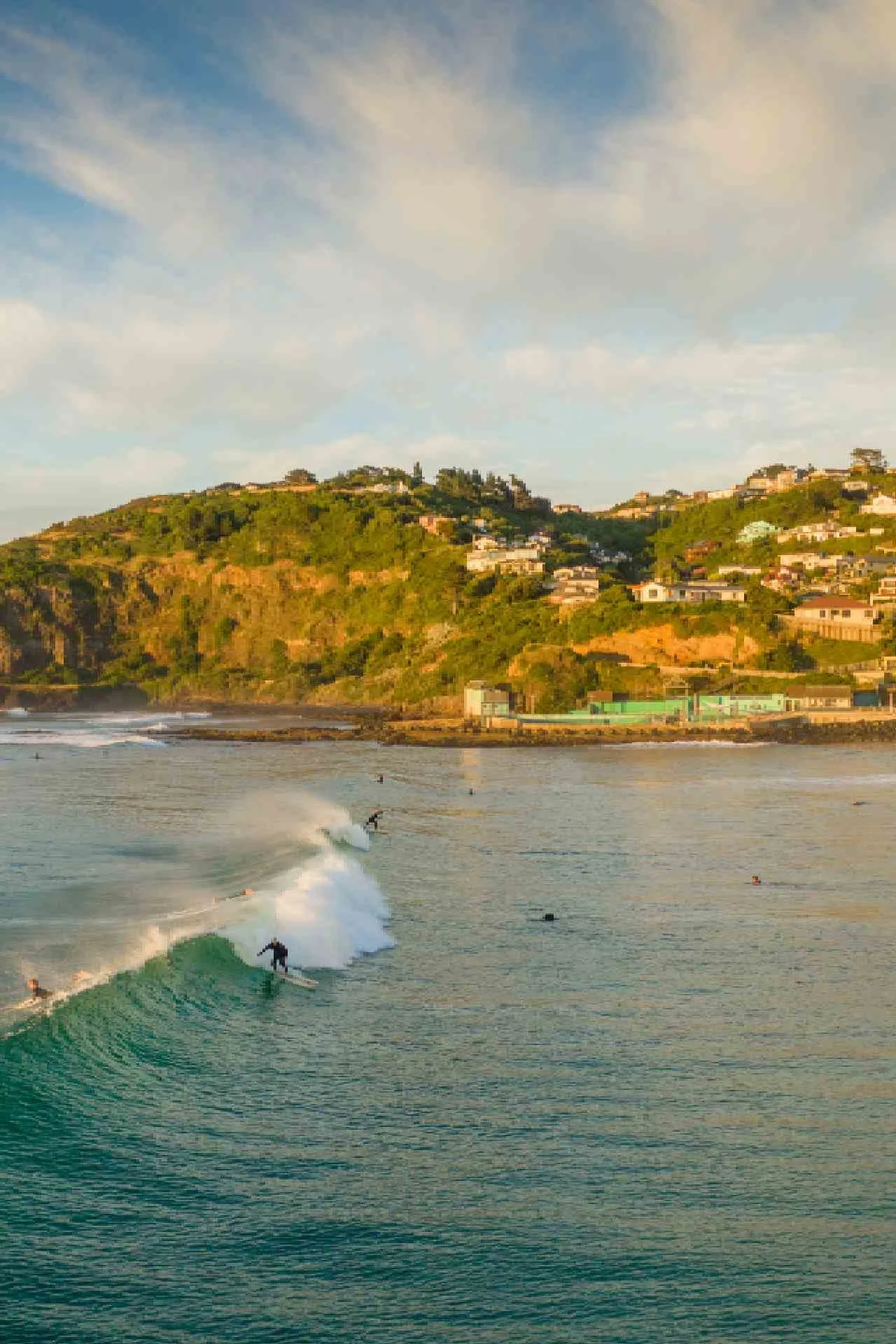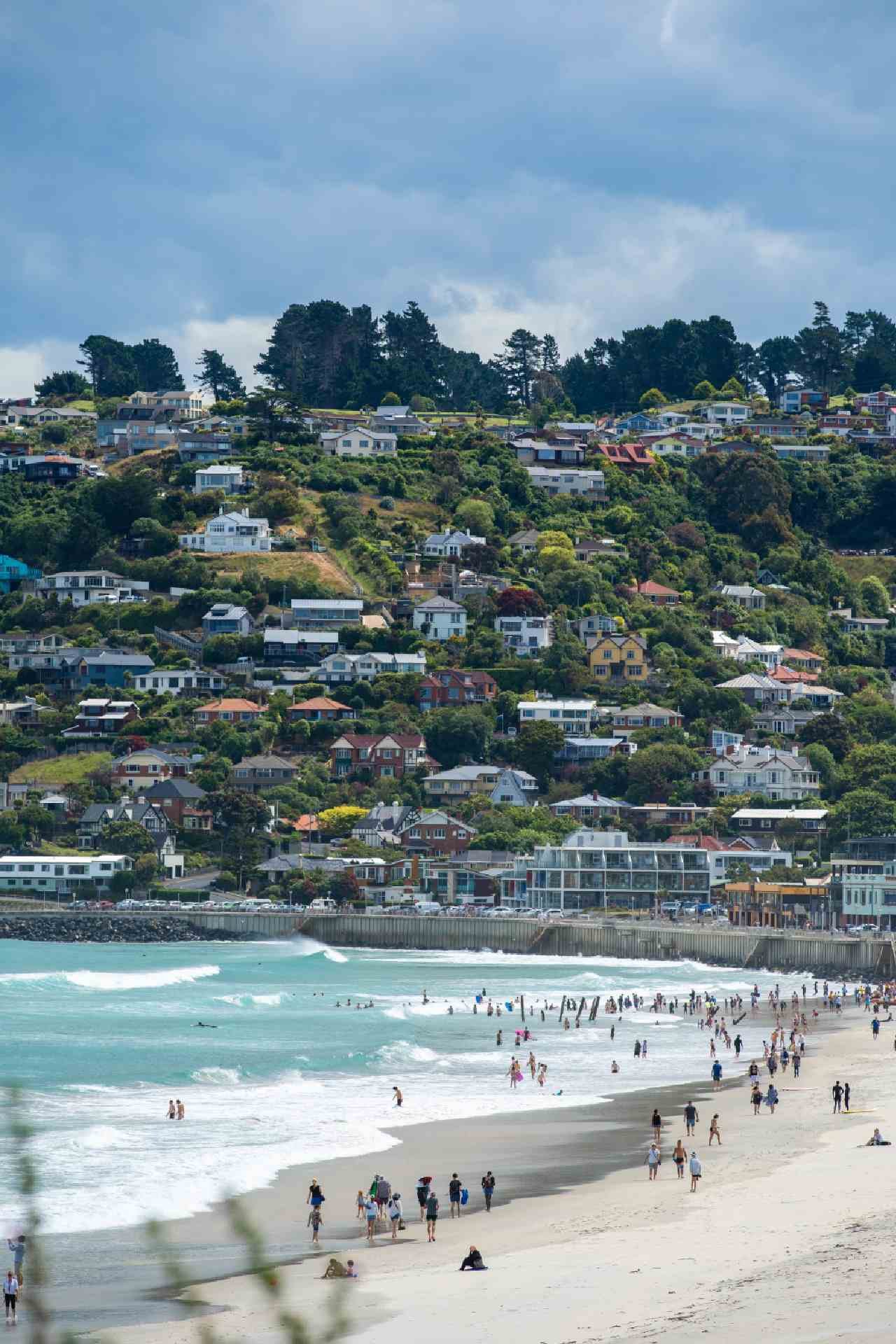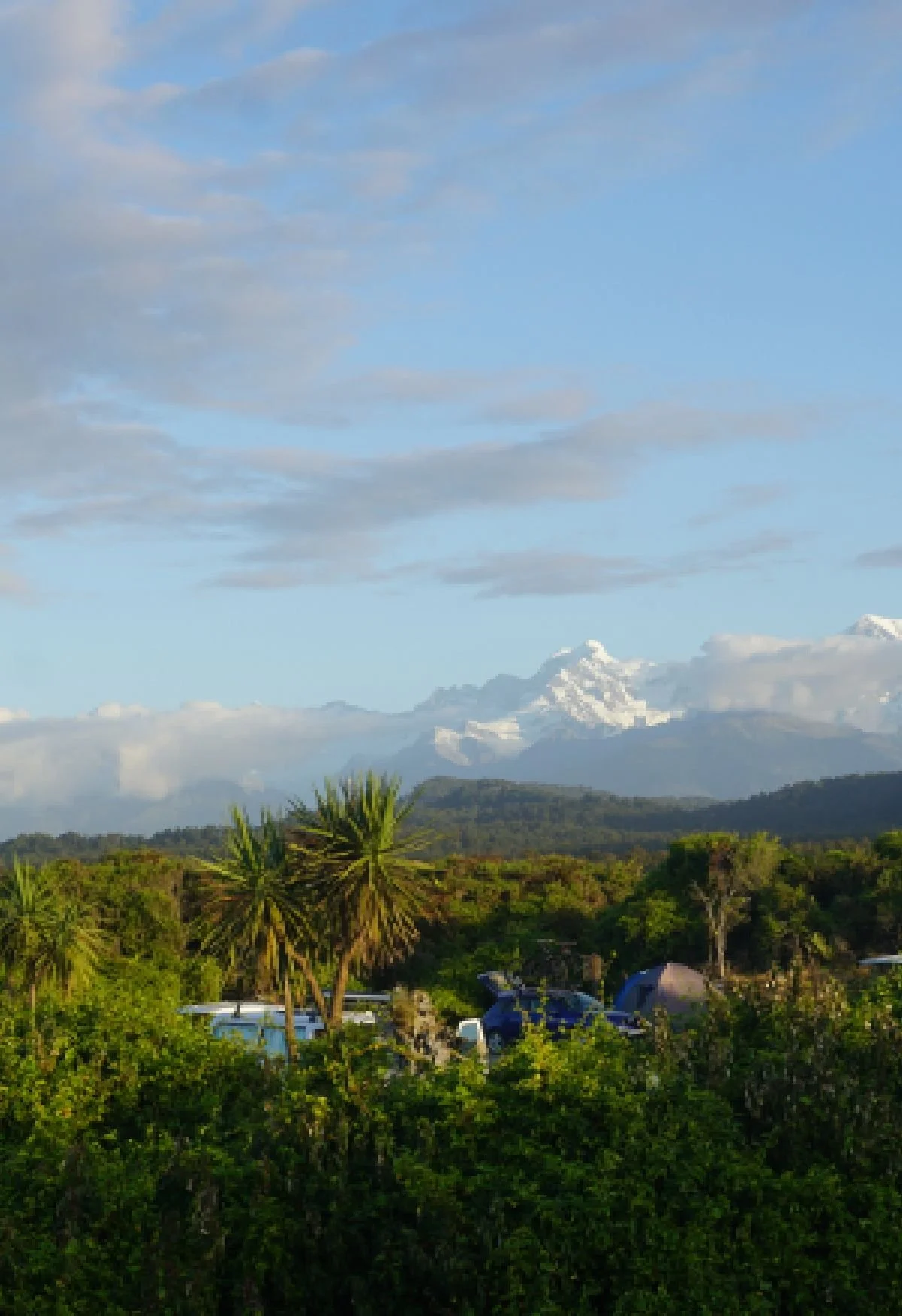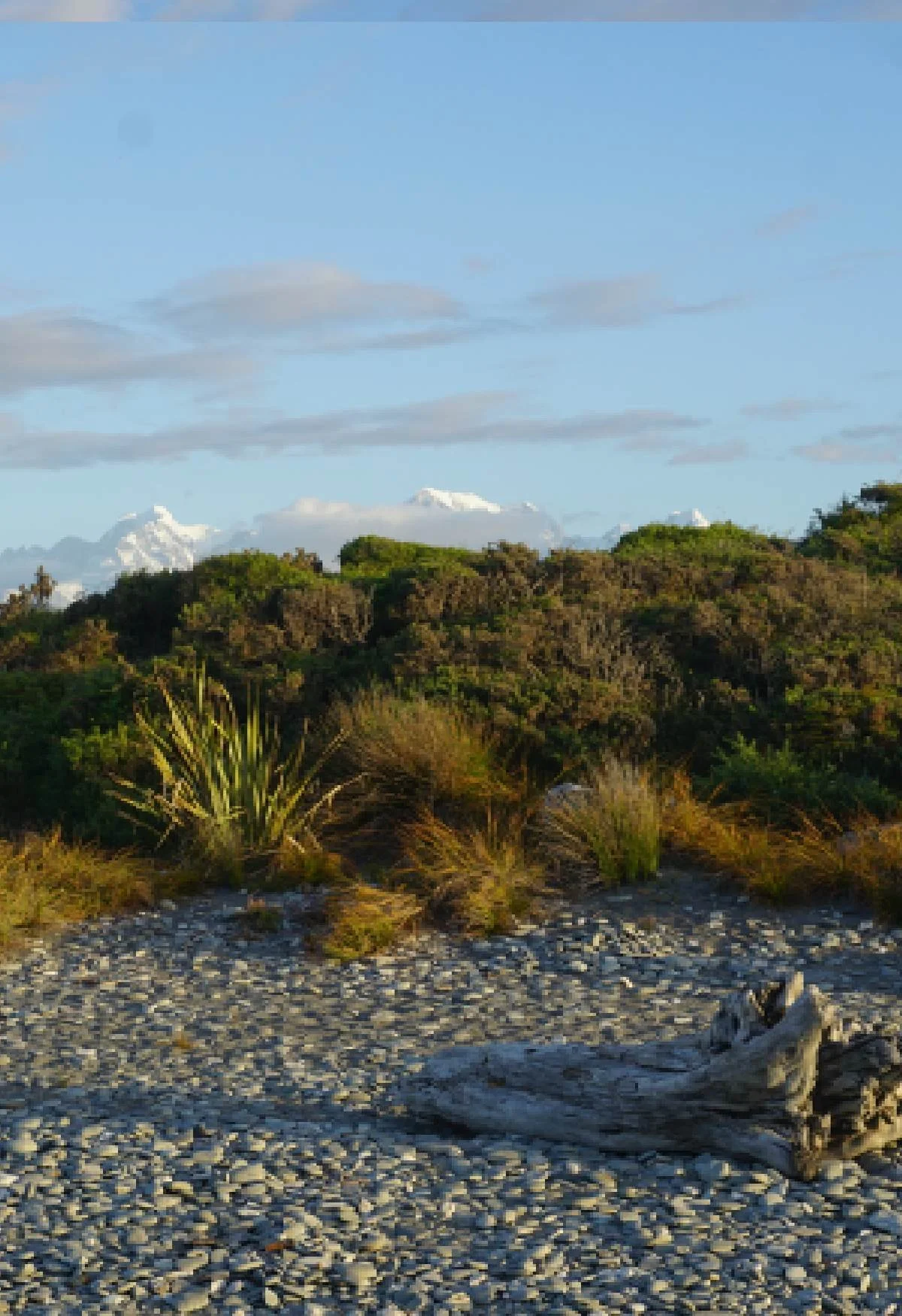New Zealand weather in January
January is mid-summer in New Zealand, meaning more heat and more crowds
January is the height of summer in New Zealand. It’s a month of school holidays, extended leave from work, and usually, ample sunshine.
Most New Zealanders are on holiday in January, so there’s a kick-back atmosphere across the country.
January is my birthday month, and one of my favourite times to travel New Zealand — here’s what to expect from the weather in January.
Is January a good time to visit New Zealand?
January is a great time to visit New Zealand. It’s usually the warmest month in New Zealand, with long sunny days.
January also means public holidays (1 and 2 January, and a long weekend at the end of the month, which varies by region), which are great if you’re a local and can be frustrating if you’re a visitor (some cafes and restaurants charge a surcharge on public holidays, or close altogether).
January is also school holiday season in New Zealand, so you’re likely to see lots of families on holiday around the country.
Camping is a popular pastime for New Zealand families — don’t be surprised to see impressive camping set ups in campgrounds.
What is the weather like in New Zealand in January?
In January, which is the middle of summer in New Zealand, you can generally expect warm and pleasant weather across the country.
However, due to New Zealand's varied geography, the weather can vary from region to region.
In the North Island, average daytime temperatures range from 20°C to 30°C (68°F to 86°F), with warmer temperatures in the northern regions like Northland and Auckland.
January is relatively dry in the North Island, with some occasional rain showers. Many times my birthday plans have been thwarted by wet weather.
However, the overall amount of rainfall tends to be lower compared to other months.
In the South Island, average temperatures range from 15°C to 25°C (59°F to 77°F), with warmer temperatures in areas like Nelson and Christchurch.
Similar to the North Island, January is relatively dry in the South Island, but there might still be some occasional showers. This is especially true on the West Coast, which is the wettest region in New Zealand.
January has long daylight hours, giving you plenty of time to explore and enjoy outdoor activities. The days are long, with early sunrise and late sunsets.
In Auckland at the start of January, the sun rises around 6am and sets around 8.45pm. By the end of January, the sun rises around 6.35am and sets around 8.35pm.
In Queenstown, days are even longer. The sun rises around 6am and sets around 9.30pm.
What temperatures can you expect in New Zealand in January?
Here are some of the average high/low temperatures across the North and South Islands in January:
Auckland: 24° / 16° Celcius, or 75° / 60° Fahrenheit
Wellington: 21° / 14° Celcius or 70° / 57° Fahrenheit
Christchurch: 23° / 12° Celcius or 73° / 53° Fahrenheit
Queenstown: 22° / 9° Celcius or 72° / 48° Fahrenheit
Even though January is the warmest month in New Zealand (along with February) it’s rarely very hot. If it gets above 30°C (86°F) that’s considered abnormally hot weather.
Despite being sub-tropical, coastal breezes and cool evenings are common even in the north of the North Island.
Because the coastal areas stay mild, the hottest temperatures in New Zealand in summer tend to be in the South Island. The Central Otago towns of Alexandra and Clyde have recorded temperatures of around 34°C (93°F).
What should you pack for New Zealand in January?
Even in January, evenings can be cool anywhere in the country.
You’ll need at least one warm layer for travelling New Zealand in January. A light jacket or jumper is usually necessary at night.
During the day time though, you can wear shorts, dresses, and t-shirts. New Zealand has a very laid back dress code, so you’ll be able to stroll into most cafes and restaurants wearing casual clothes.
Mountainous regions and alpine areas of New Zealand can have colder temperatures even during the summer months.
That means that if you plan on hiking a Great Walk or other trek through New Zealand’s mountains, you’ll need warmer layers.
You don’t necessarily need a raincoat, but if you have one that’s light and easy to carry, it can also come in handy as a windbreaker.
A lightweight outer layer is a great addition to your bag, especially if you plan on doing South Island hikes.
Don’t forget your swimsuit — January is the ideal time to enjoy New Zealand’s beaches.
Oh, and you’ll also need insect repellant to guard against summer mosquitoes and sandflies!
Where to go in New Zealand in January
The East Coast
Beachy destinations like the Coromandel and Northland are busy during January, so it can be a good time to get off the beaten track.
Road tripping around the East Coast is fun in summer, as beaches near Gisborne are perfect for both sunbathing and surfing.
Taranaki
January is great for both hiking and surfing, and you can do both in Taranaki.
The West Coast of the South Island
January camping at Gillespies Beach near Fox Glacier
January camping at Gillespies Beach near Fox Glacier
The West Coast of the South Island is possibly my favourite part of New Zealand, and it’s great any time of year but particularly special in January.
There are lots of epic camping spots (my favourites are Gentle Annies and Gillespies Beach) and walks to do.
Late summer sunsets light up the coast, and you have the best chance of seeing the sun set without being obscured by clouds.
However, summer is usually wetter than winter on the West Coast, so make sure you pack wet weather gear.
What to expect from visiting New Zealand in January
New Year’s Eve is a big deal in New Zealand — we typically celebrate with friends instead of family, and it’s an excuse for a big party. Because New Year’s lands right in the middle of summer, it’s a great time for festivals, camping, and other outdoor celebrations.
January 1 and 2 are both public holidays in New Zealand.
The first half of January is typically the busiest time to travel in New Zealand. It pays to book accommodation and activities in advance, as it can be difficult finding space in campgrounds or hotels in popular destinations.
If you plan on catching the ferry from one island to another, book the inter island ferry well in advance — spots can book out months out.
Read more about what to expect from New Zealand weather:
